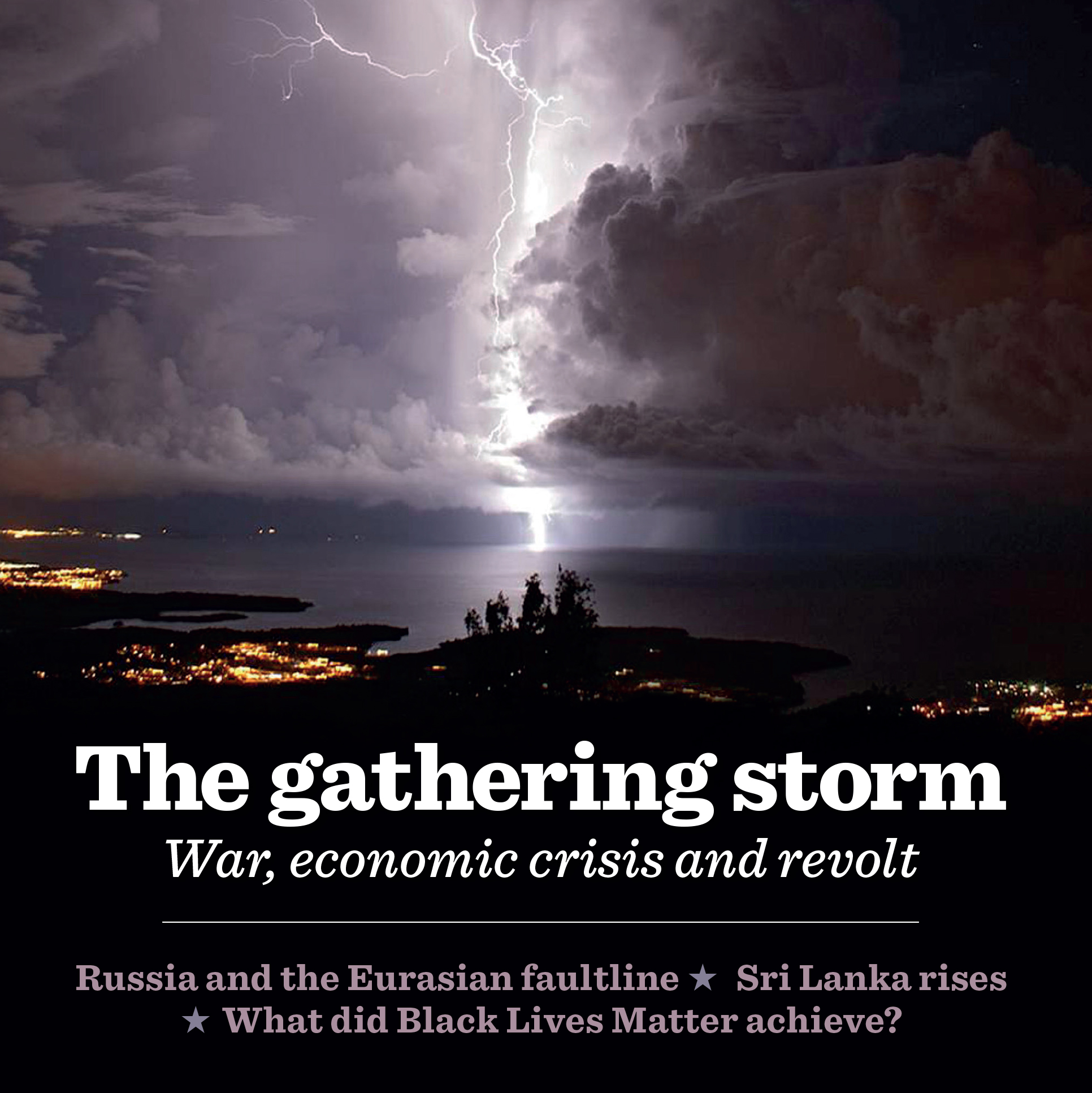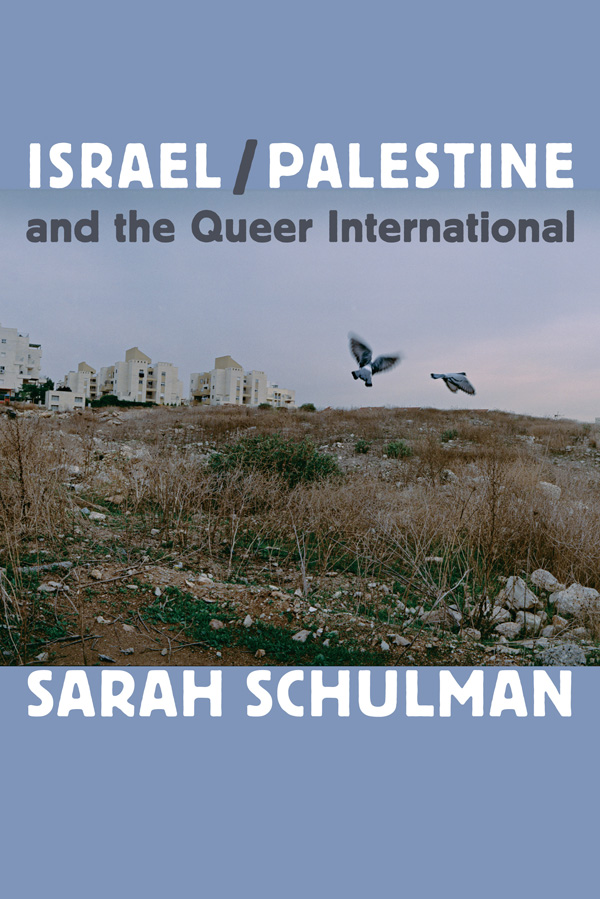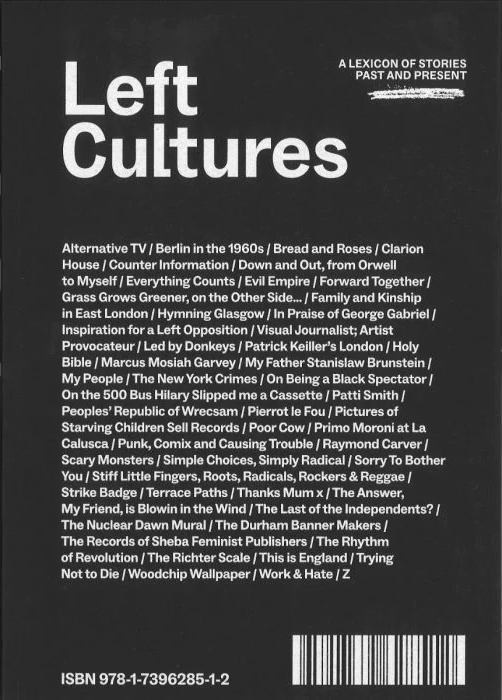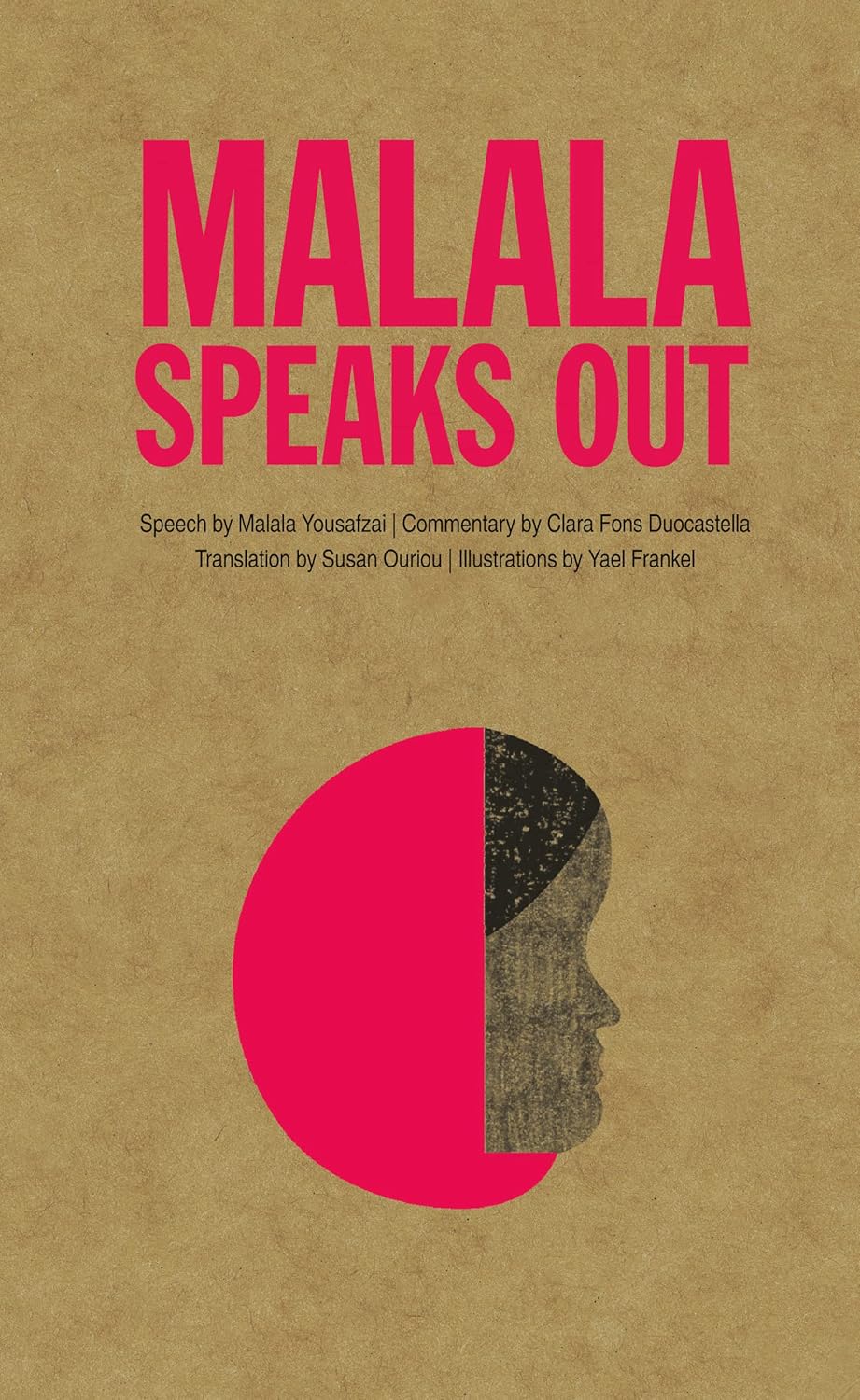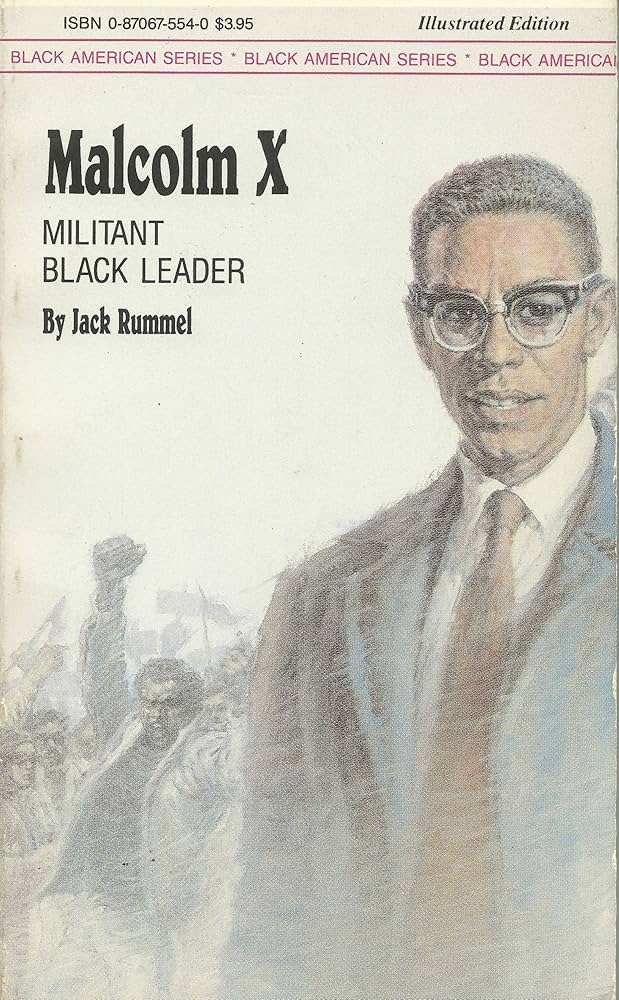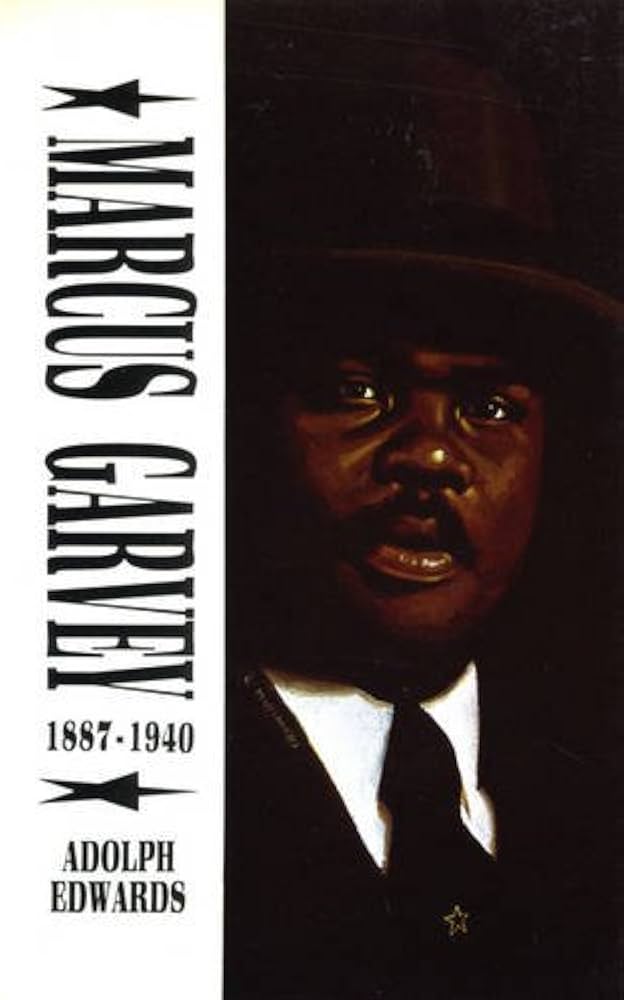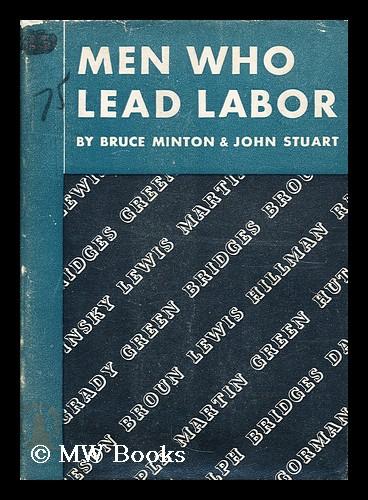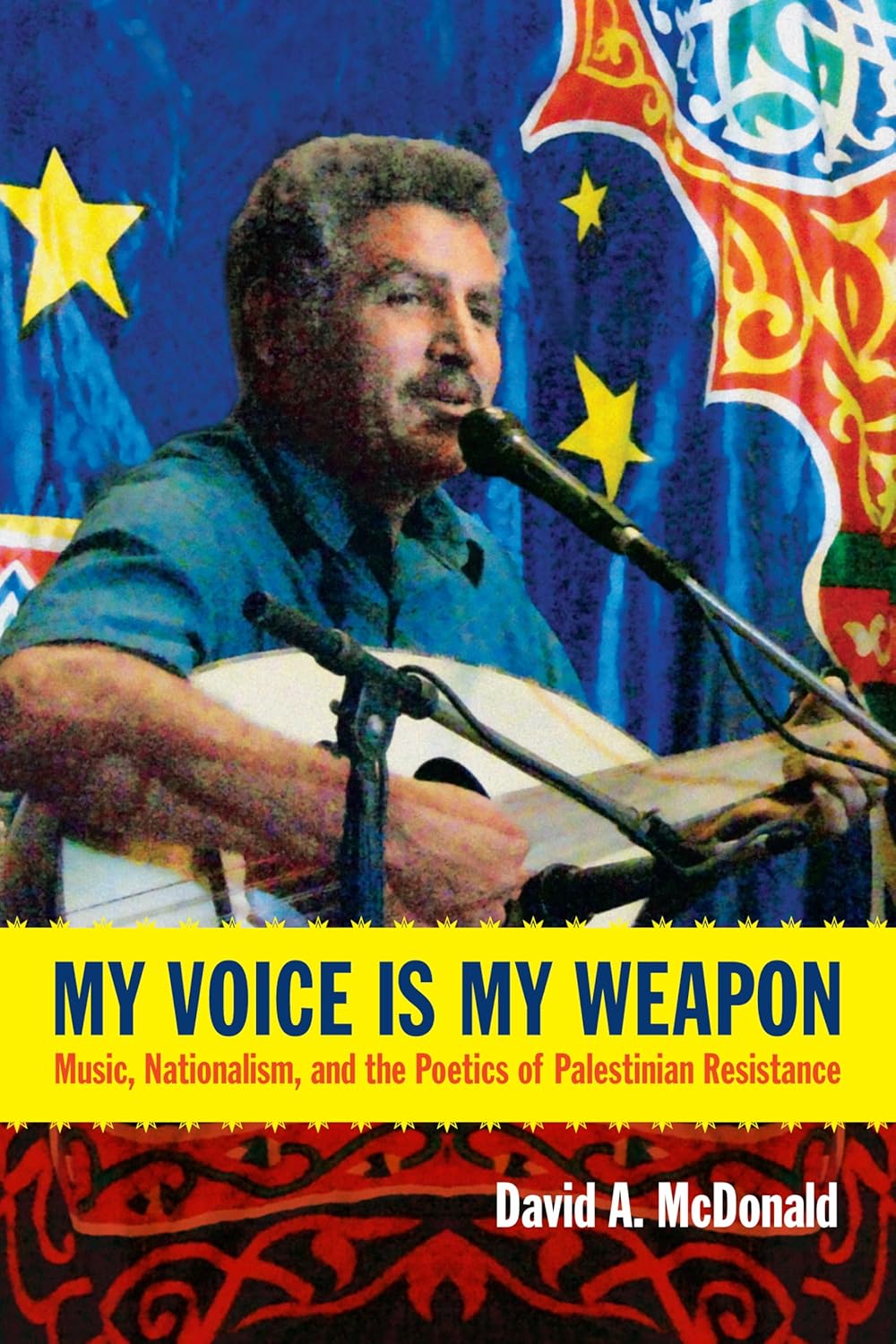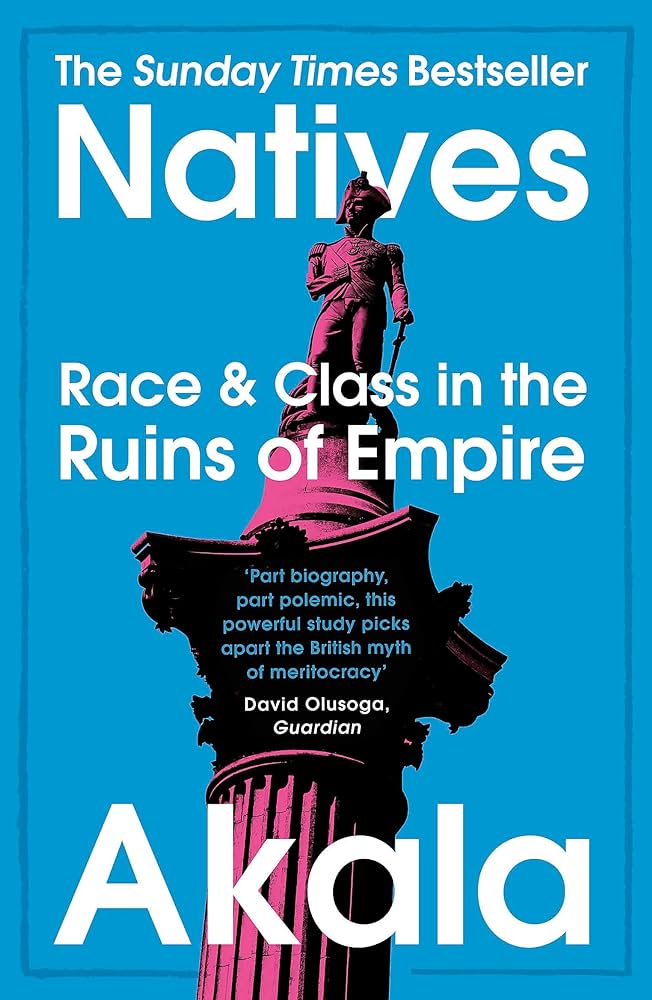In this chronicle of political awakening and queer solidarity, the activist and novelist Sarah Schulman describes her dawning consciousness of the Palestinian liberation struggle. Invited to Israel to give the keynote address at an LGBT studies conference at Tel Aviv University, Schulman declines, joining other artists and academics honoring the Palestinian call for an academic and cultural boycott of Israel. Anti-occupation activists in the United States, Canada, Israel, and Palestine come together to help organize an alternative solidarity visit for the American activist. Schulman takes us to an anarchist, vegan café in Tel Aviv, where she meets anti-occupation queer Israelis, and through border checkpoints into the West Bank, where queer Palestinian activists welcome her into their spaces for conversations that will change the course of her life. She describes the dusty roads through the West Bank, where Palestinians are cut off from water and subjected to endless restrictions while Israeli settler neighborhoods have full freedoms and resources. As Schulman learns more, she questions the contradiction between Israel's investment in presenting itself as gay friendly—financially sponsoring gay film festivals and parades—and its denial of the rights of Palestinians. At the same time, she talks with straight Palestinian activists about their position in relation to homosexuality and gay rights in Palestine and internationally. Back in the United States, Schulman draws on her extensive activist experience to organize a speaking tour for some of the Palestinian queer leaders whom she had met and trusted. Dubbed "Al-Tour," it takes the activists to LGBT community centers, conferences, and universities throughout the United States. Its success solidifies her commitment to working to end Israel's occupation of Palestine, and it kindles her larger hope that a new "queer international" will emerge and join other movements demanding human rights across the globe.
Left Cultures will delve deep into the left’s cultural past to discuss gems of storytelling within film, literature, music, art and poetry. Culture which has influenced and inspired an eclectic bunch of comrades to continue in this tradition by creating new cultural endeavours on the left today. Colliding together the past and present to celebrate the power and rich diversity of storytelling on the left with personal accounts, beautifully illustrated throughout.
Contains the speech of Malala Yousafzai, the youngest person to be awarded the Nobel Peace Prize, in which she tells her story of surviving an attack by the Taliban for defending girls’ rights to education and how she continues to fight for these rights today.
'A biography of the Black Muslim who became a leader of a movement to unite black people throughout the world.'
Marcus Garvey is one of the great figures of the 20th century. He proved by his life's work the potency of the racial factor in contemporary politics. With little aid from the geneticists, sociologists, anthropoligists or historians Garvey asserted the principle of racial equality, especially of Negro and African equality while claiming due respect for the African past.
"Nothing in the years of this turbulent decade has produced a greater stir than the labor developments of 1937. Cleavage of opinion and sympathy have been even sharper than in the presidential election of 1936. To thousands of people John L. Lewis of the C.I.O. is a magnificent patriot fighting for a noble cause--and to other thousands he wears horns and a tail. Opinion divides as sharply on the other leading figures of the labor world--William Green of the A.F. of L., Hutcheson of the Carpenters, Heywood Broun of the Newspaper Guild, Bridges of the West Coast. Minton and Stuart have produced in Men Who Lead Labor a series of candid biographies of these men in every day's news--men who are influencing thousands of destinies and the course of our national life. These biographical sketches are vivid and factual, written without fear or favor. In a very real sense this series of brilliant personal histories sketches also the inside story of labor's history during the past decades--a history that includes episodes of corruption and racketeering as well as honest struggle against rotten conditions."
In My Voice Is My Weapon, David A. McDonald rethinks the conventional history of the Palestinian crisis through an ethnographic analysis of music and musicians, protest songs, and popular culture. Charting a historical narrative that stretches from the late-Ottoman period through the end of the second Palestinian intifada, McDonald examines the shifting politics of music in its capacity to both reflect and shape fundamental aspects of national identity. Drawing case studies from Palestinian communities in Israel, in exile, and under occupation, McDonald grapples with the theoretical and methodological challenges of tracing "resistance" in the popular imagination, attempting to reveal the nuanced ways in which Palestinians have confronted and opposed the traumas of foreign occupation. The first of its kind, this book offers an in-depth ethnomusicological analysis of the Israeli-Palestinian conflict, contributing a performative perspective to the larger scholarly conversation about one of the world's most contested humanitarian issues.
From the first time he was stopped and searched as a child, to the day he realised his mum was white, to his first encounters with racist teachers – race and class have shaped Akala’s life and outlook. In this unique book he takes his own experiences and widens them out to look at the social, historical and political factors that have left us where we are today. Covering everything from the police, education and identity to politics, sexual objectification and the far right, Nativesspeaks directly to British denial and squeamishness when it comes to confronting issues of race and class that are at the heart of the legacy of Britain’s racialised empire.

